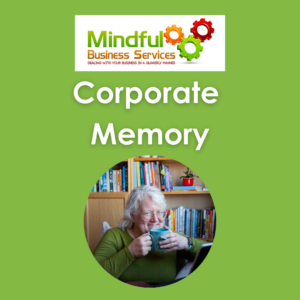
Making a simple plan
- Ways for people to talk to each other that are within the charity’s control.
- Centralised data storage that is secure and has change controls. It is important that your data can’t be accessed and edited by just anyone. If unwanted changes are made, it is essential you can undo/fix them.
- An agreed place to put a summary of your plan, and an outline of where people can store (and then find) information.
Putting it into action
- Generic email accounts for all role holders, preferably attached to the charity’s domain.
- A conversation function, either hosted within the charity’s tech bubble or by someone else.
- Online storage linked to those accounts, or in another cloud based system.
- Specified minutes, records, and notices to keep everyone up-to-date.
'The systems need to be there to release the energies of Friends in our meetings, the life of our meetings and the expressions of our concerns to make the world a better place.'
A Friend at Yearly Meeting
Another angle
Sustainability is often linked to the use of energy and resources. If you have an up-to-date and trustworthy storage system, everyone won’t need to hold their own copies of minutes, reports, papers, etc. We occasionally get asked if this is really a problem – BBC’s Panorama did an investigation showing the impact of unnecessary storage.
Together with simple and accessible processes, you may also wish to explore tips on effective filing and storing of information. Check out our A-Z, F is for Filing Structures blog.
If you would like to find out more about creating simple administrative practices for your organisation, join our 'Preventing Corporate Memory Loss' webinar.
Join us for our FREE "Preventing Corporate Memory Loss" webinar...
Wednesday 31st May 2023 at 18.00 (BST)
We invite you to join us on Zoom for our first MBS:C webinar. During the 90-minute session, we will share good practice on how your organisation prevents memory loss and deals with a changing group of volunteers and role holders. We will share some of the resources used in our MBS:C online classroom, point out which are available for free, and introduce our new online training portal courses.
The webinar will cover: how it works, what is available to study, and importantly how it can benefit you as a role holder and/or your organisation.

Wendrie Heywood
MBS Founder






